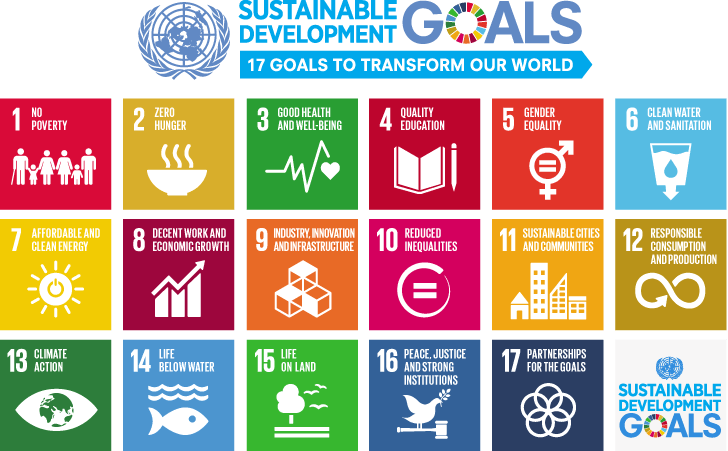A handful of sessions at the Council on Foundation’s annual conference usually stands out among others by highlighting important new issues or encouraging critical thinking among attendees. This year’s gem of a session focused on the Sustainable Development Goals (SDGs) and how philanthropies can get engaged.
The subject was not new to me; Ed Cain of the Conrad N. Hilton Foundation wrote about the importance and relevance of the SDGs for the Spring 2016 issue of Responsive Philanthropy, NCRP’s quarterly journal. Yet, the session instilled in me a new enthusiasm for how the SDGs can be a terrific organizing tool and provide a concrete way that foundations, government and the private sector can work together toward common goals.
The 17 goals put forward a radical vision for social change. Here are a few examples:
- Goal 1: End poverty in all its forms everywhere
- Goal 2: End hunger, achieve food security and improved nutrition and promote sustainable agriculture
- Goal 5: Achieve gender equality and empower all women and girls
- Goal 11: Make cities inclusive, safe, resilient and sustainable
- Goal 13: Take urgent action to combat climate change and its impacts
 Each goal has specific targets associated with it. There is an urgency to the SDGs that is palpable; 2030 is the deadline to meet all goals.
Each goal has specific targets associated with it. There is an urgency to the SDGs that is palpable; 2030 is the deadline to meet all goals.
If you’re not sure whether or not the SDGs are relevant to you and the issues you care about, a good tool to help philanthropies figure out how to get engaged with the SDGs is the official website.
This platform aims to ‘build bridges by encouraging philanthropy, the UN, governments, the private sector and NGOs to collaborate’ and to ‘shift the philanthropy sector mindset towards a more inclusive approach.’
One of my fears about the SDGs is that funders, and especially corporate funders who are participating, might shy away from funding the kinds of power-building activities necessary to achieve the goals and will instead focus on technocratic solutions.
We won’t achieve the ambitious Sustainable Development Goals if philanthropy doesn’t invest in community organizing and other activities that help grassroots communities build power.
Many funders have a tendency to work around governments rather than confront head-on the need to help marginalized and oppressed people – in the U.S. and abroad – to build the kind of power they need to hold governments accountable.
I hope my fears are misplaced.
Thanks to the Council on Foundations for putting together this important session. It got me thinking about how to more explicitly align NCRP’s work with the SDGs.
Aaron Dorfman is President and CEO of the National Committee for Responsive Philanthropy.






Comments (2)
Obviously it was an impactful session. Creating all round opportunity for prosperity was what MDGs guaranteed for which SDGs strive to sustain. Nigeria and Africa in general are short of political will from their national and subnational leadership thereby stiffling any possible philanthropical venture. Issue of trust and financial misappropriation endangers possible meeting of SDGs deliverables. More of this session will foster further discourse on this all important human and environmental goals.
That does sound like an interesting session, Aaron. We find the UN Sustainable Development Goals very useful for helping philanthropists and legacy builders identify the areas they can do most good in. And I agree they're useful tools for encouraging collaboration. With limited resources, it's important to identify the goals where most can be achieved. We have an interview on this very subject with Bjorn Lomborg of Copenhagen Consensus Center in our online Legacy Summit at http://legacyinstitutesummit.com